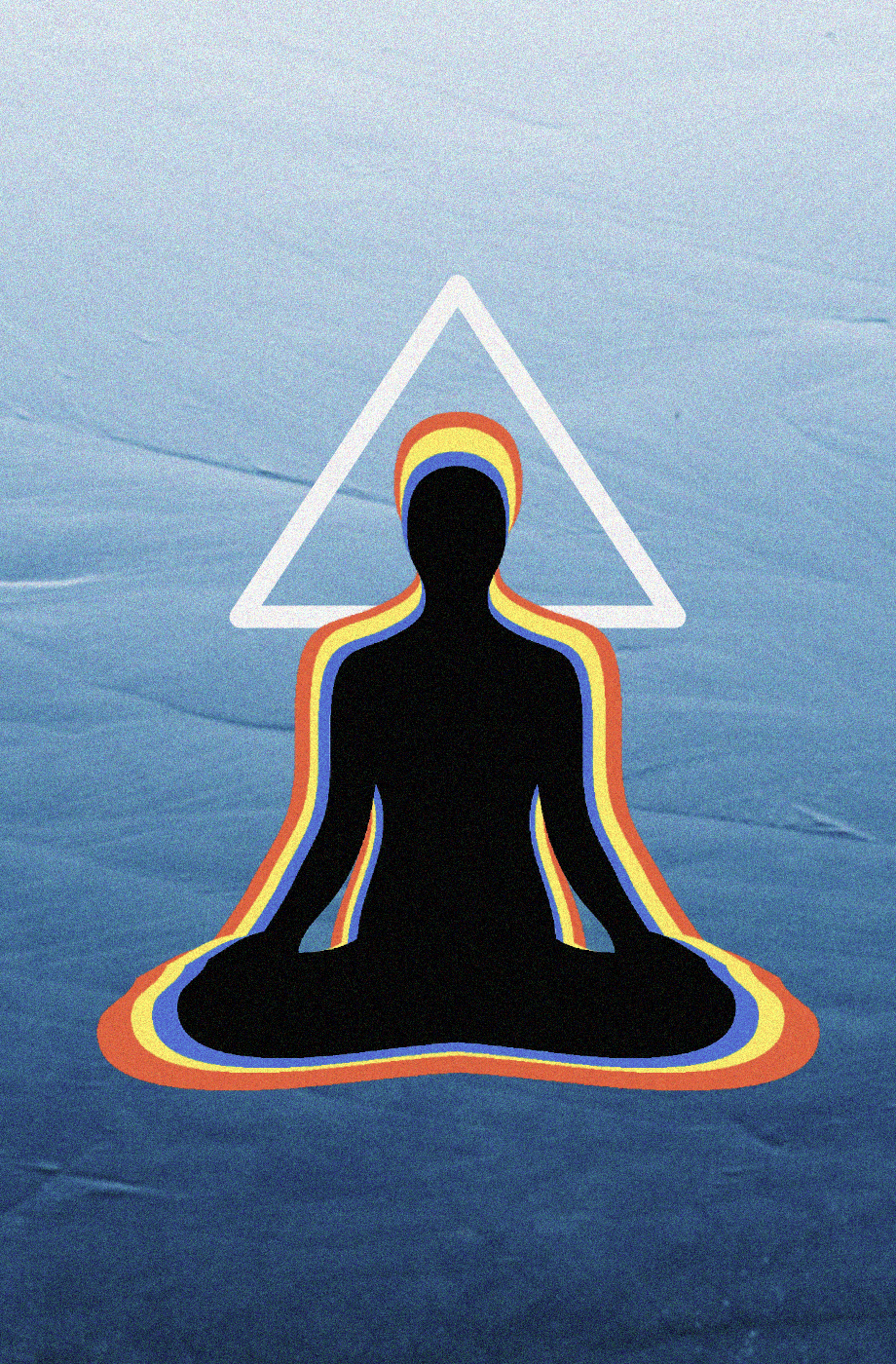- Timeless & Universal Philosophy
- India
- Tibet
- Buddhism
- China
- Egypt
- Greece
- Rome
- The Neoplatonic School
- The Human Being & The Universe
- The Hermetic Tradition
Philosophy of History
Every civilisation has passed on to us its knowledge and experience of the essential laws of life. A systematic and comparative study of this vast heritage enables us to discover the universal and timeless ideas that have formed characters, shaped visions of the future and helped men and women to meet the challenges of their time. Understanding essential, universal principles can help us develop an inner attitude that will enable us to deal more successfully with life’s unavoidable difficulties.
In this first evening of the course we will consider the value of a timeless or perennial philosophy and how it can illuminate science, politics, religion and art; and we will explore the difference between timeless ethics and practical morality.

Philosophy, in its original meaning, is the love of wisdom and the quest to understand the underlying principles of life. It leads us to a deeper understanding of ourselves, society and the meaning of events in time.


In antiquity, the practical aspect of philosophy was an essential part of the discipline. To be a philosopher meant not only to ‘talk the talk’ but also to ‘walk the walk’. In modern contexts, this practical aspect of philosophy and its application is often lost. However, if the essence of philosophy contains a need to understand, can we truly know something that we cannot live or cannot do?
According to the American historian and philosopher Will Durant, a philosopher is not content to describe the facts but wishes to ascertain their relation to experience. Wisdom has a quality superior to and different from ordinary knowledge. Taking inspiration from the ancient philosophers of East and West, we promote philosophy as a way of life, which means not only studying philosophical ideas, but also aspiring to learn the art of ‘living well’.



The question of “who am I?” is perhaps the most important question human beings have ever asked themselves and on its answer depend most of our collective and individual decisions. Various philosophies and traditions have provided answers to this question by identifying human nature as twofold, threefold and so on… The teaching of the sevenfold structure of the human being comes from India. This model divides the human being into two main parts: a lower self, consisting of four aspects, and a higher Self, consisting of three aspects. The art of living well would involve combining all these parts into one harmonious whole.
